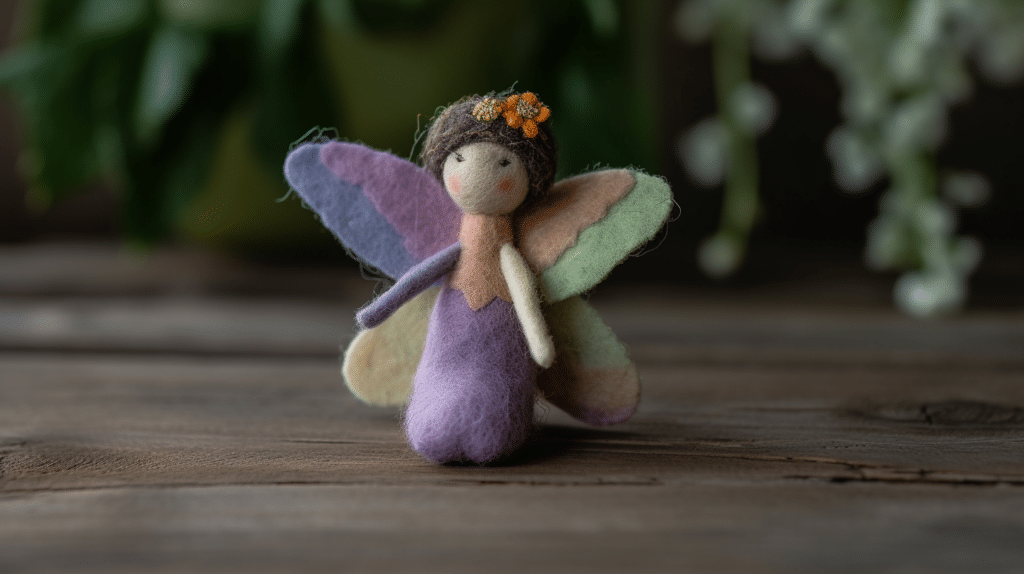At the beginning of the month I took Adeline away for a mother and child weekend yoga retreat. I had booked it weeks earlier, not long after we had made the decision to home educate, and it seemed like a brilliant blend of both quality time and rest.
Adeline and I aren’t short on quality time these days. Since we took her out of school our days are spent together playing, exploring, and getting to know each other more deeply than we did before. It seems strange to say that about your own child – surely as her mother I should have always known her deeply? I had always assumed that was just a basic part of parenthood, but I’ve found it to be like any other relationship: you have to pay real attention to learn the most, and in truth over the past few years I had been so swamped by circumstances that I hadn’t been paying proper attention. The transition to home education (and we’re very much still in transition) hasn’t been seamless, but I’m so grateful for this time with her.
There were 9 other mothers with their young children at the weekend retreat. We stayed at a beautiful house deep in the English countryside. Spring was just beginning, and the fields outside were full of sheep and alpaca. In the mornings we dropped our little ones off at a playgroup that had been set up just for the weekend, and the adults all went to a big barn for yoga. At 1pm we collected the kids and spent the afternoon together.
On the first afternoon we went down to the cabin where the playgroup was held and took part in “family circle.” The childcare practitioners were singing as we walked in. Three women, soprano voices singing a cappella in breathtaking harmony. It quite literally took my breath away.
For the next half an hour we were taught how to make spring fairies from sheep’s wool, and we ate apples that had been cut through the middle to reveal the star inside (did you know that the core of an apple is shaped like a star if you cut through from left to right instead of top to bottom? I didn’t!). We watched a spring puppet show, starring home crafted felt puppets of spring animals waking up. And for every activity there was a song. An a cappella, perfectly harmonised, song.
By the time family circle was over I was mesmerised, and more than a little jealous of Adeline for getting to spend the next morning with these women too.
If you’re familiar with early years education you might have already guessed that the practitioners were trained in the philosophies of Rudolph Steiner.
Waldorf / Steiner Education
Rudolf Steiner was a philosopher, esotericist, and founder of the anthroposophical movement. His philosophy focuses on the spiritual nature of humanity and the universe, and he developed a holistic approach to education known as Waldorf education (or Steiner education, here in the UK).
According to Steiner, the human being is composed of body, soul, and spirit, and education should aim to nourish and develop all three aspects. In Waldorf education, children are taught in a way that is tailored to their developmental stage and that aims to foster creativity, critical thinking, and a love of learning.
Waldorf schools are known for their emphasis on the arts, such as music, painting, and drama, as well as their use of movement and hands-on activities to engage students in learning. Steiner believed that this approach would help students develop their capacities for imagination, intuition, and inspiration, and enable them to become well-rounded individuals who can contribute positively to society.
Overall, Steiner’s philosophy and Waldorf education emphasise the interconnectedness of all things and the importance of nurturing the whole person, including their physical, emotional, and spiritual well-being.
I have always had mixed feelings about Waldorf education. On one hand, I’m drawn to the use of natural materials, like wood and felt, that are an integral part of the philosophy. I love the connection to nature, the attempt to preserve the innocence of childhood, the emphasis on free play and specifically imaginative play that Waldorf promotes. On the other hand, I wonder if the complete ban on technology is realistic in today’s society. While aesthetically I love the idea of an entirely natural colour palette in any situation, does limiting selection to only wooden toys also limit experience? For an approach that claims to encourage free expression, it has always seemed to me that Waldorf has a lot of prescriptive rules and regulations. A friend of mine sent her children to a Waldorf pre-school and I remember being horrified to learn that as a punishment they would be told to sit on the side and polish apples instead of joining in with the other children. Polish apples?!
Like Montessori, I have often wondered if these “progressive” forms of education are anything but that. Sure they were once cutting edge, but have they managed to adapt to keep up with the times as much as I strongly feel education should?
Looking Back to Move Forward
I feel I should admit though, that until our weekend retreat all of my opinions of Waldorf had been purely academic. While I have had the pleasure or experiencing other educational approaches, like Reggio Emilia, first hand, my opinions of Walforf were based on what I had read and heard.
Seeing the approach done well, and I mean REALLY well, I was blown away. Watching my incredibly energetic, screen loving, bright colour seeking, almost 5 year old daughter fall in love with the natural fibres, the gentle singing, the slow pace of activity was like watching her fall under a spell. She spent two mornings with these women, playing with handmade dolls, reading about bees, and baking loaves of bread, and the effects on her have lingered long after we left the retreat. Over Easter weekend she walked around the garden watering the flowers and singing My Lady Spring, just like the women in the cabin had.
As someone who passionately advocates for innovation and progress, while also actively trying to protect the innocence in my daughter’s experience of childhood, I have found my mind drifting back to that cabin and to the three women and the impression they made on both Adeline and me.
Can we find a way to go backwards to a time when natural fibres were cherished above all others, when storytelling was a fine art that was shared generously, when the turn of the seasons provided a constant and reassuring backdrop to our day to day, when singing made any activity feel special? And if we can’t go backwards (and really, can you ever go backwards?), is there a way that we can bring these traditions and values with us into the future we are creating? Is there a middle ground to be found, not just in the early years but throughout our lives?
I’m a big believer in pick and mix approaches to educational philosophies. I believe that “one size does not fit all” is as true for progressive approaches to education as it is for the traditional.
Still, after our experience at the retreat I will certainly be factoring more Walforf techniques into our homeschooling, and into our lives in general.
Do you have experience of Waldorf / Steiner education?
If you’d like to learn more about it you can read an interview I published during my HundrED days with Janni Nicol, an advisor and writer on Steiner Waldorf education and creative play in the United Kingdom.
What are your thoughts on finding balance between tradition and advancement?
This was the retreat we went on. If you aren’t in the UK you can find ones like it here.
Two of the practitioners on the retreat were The Family Cabin and Nurtured by Nature Families.




